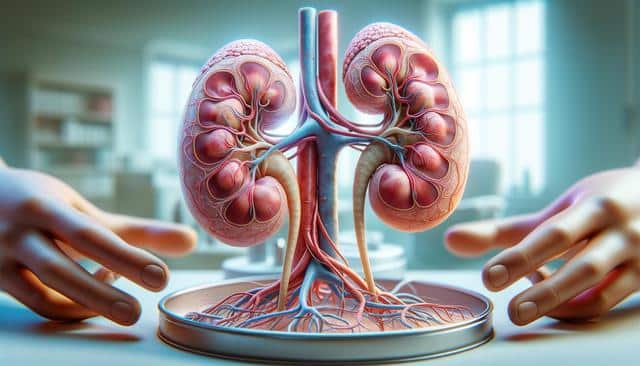Understanding Kidney Failure and Nutrition
Kidney failure, or the inability of the kidneys to function effectively, is a challenging condition that necessitates attention to diet and lifestyle. For those at Stage 3 Kidney Disease or dealing with Chronic Kidney Disease Stage 3, understanding the role of nutrition becomes vital. The kidneys are responsible for filtering waste and excess fluids from the blood; when they are compromised, certain foods can exacerbate their workload. Therefore, adopting a kidney-friendly diet is a crucial aspect of treatment for kidney disease. This approach not only helps in managing symptoms but also in slowing the progression of kidney conditions.
Foods to Limit for Kidney Health
To reduce stress on your kidneys, it’s advisable to limit foods that are high in potassium, phosphorus, and sodium. These minerals can accumulate in the body when the kidneys are not functioning optimally, leading to various health issues. Consider reducing intake of:
- Processed and canned foods
- Bananas and oranges
- Dairy products
- Whole grains and nuts
In addition to these, careful portion control is recommended, especially for proteins, as excess protein can burden the kidneys. Opting for foods with lower levels of these elements can positively impact your overall kidney treatment.
Kidney-Friendly Choices to Embrace
While some foods should be minimized, others can be beneficial for individuals with kidney issues. Incorporating foods that support natural healing and kidney health is essential. Some of these options include:
- Red bell peppers
- Cabbage
- Cranberries
- Cauliflower
These foods are low in potassium and phosphorus, making them excellent for maintaining balanced nutrition without overloading the kidneys. Including these in your kidney disease treatment plan can make a significant difference in managing your condition effectively.
The Role of Hydration in Kidney Health
Proper hydration plays a key role in kidney function and overall health. It helps in flushing out toxins and preventing kidney stones. However, for individuals with kidney failure, it’s crucial to balance fluid intake to avoid overburdening the kidneys. Consulting with healthcare providers about appropriate fluid levels is part of a comprehensive approach to kidney treatment. This ensures that hydration supports rather than hinders kidney function.
Creating a Personalized Diet Plan
Each individual’s needs may vary, especially in different stages of kidney disease. Therefore, working with a dietitian or healthcare provider to develop a personalized diet plan is advisable. They can guide you in selecting foods that meet your nutritional needs while considering the specific requirements of your kidney condition. This tailored approach is part of an effective treatment strategy and can significantly enhance your quality of life.
Conclusion: Prioritizing Kidney-Friendly Nutrition
In conclusion, managing kidney failure through mindful eating can have a profound impact on your well-being. By understanding which foods to limit and which to embrace, you can help ease the workload on your kidneys, potentially slowing the progression of kidney disease. With a focus on nutrition and hydration, alongside medical advice, you can take proactive steps towards improved health and living well with kidney failure.
